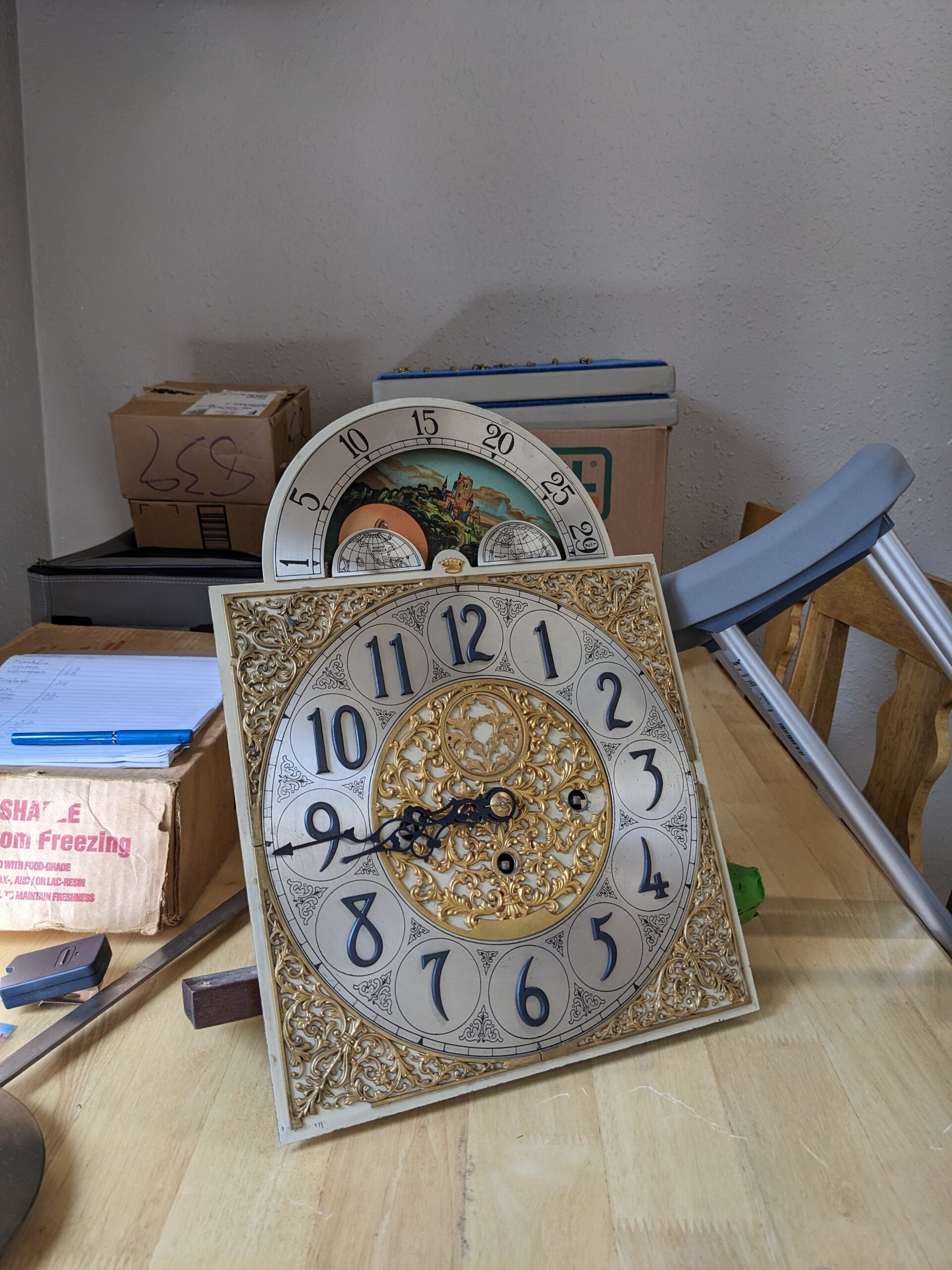
I’d say again, “He’s doing fine.”
I learned that part of being a caregiver was becoming the spokesperson for the patient. Of course, sometimes that made sense and flowed easily, but often being asked countless times to give updates about the one you are caring for by people on the phone, at the grocery store, while filling the car with gas, and going about one’s day, was exhausting at best and often painful. One time, when at a workshop for Ayurvedic healing, all attendees sat on a lushly carpeted floor and there were blankets available for those who felt cold. Andy had visible tremors at the time and a woman who worked there came up to us and asked me, “Is he cold?”
My mom had shared a story about when she was my Nana’s caregiver. Often, people would ask Mom questions that should have been directed to Nana. In a restaurant the server might ask Mom, “Does she want sour cream with her potato?” Mom learned that she could create a teaching moment for the server if instead of answering she looked at Nana until Nana answered for herself.
I looked at Andy until he said, “Thank you, I’m not cold. This shaking is part of the disease I have.
I know there are times when care giving includes speaking on behalf of the patient. One of those times happened while sitting in the ER, with a wildly shaking Andy, who was in a lot of pain because he had fallen and broken his scapula. As each health care professional came into the room where we sat, I’d say, “I know this looks bad but the shaking is not why we’re here. It’s caused by Parkinson’s disease and Andy has fallen and hurt his back. He is in pain and he does not have dementia and can answer whatever you need to know.”
As caregivers, we protect and advocate for our patients but we are not fodder for the random curiosity of people who know your situation but are not close enough to be in touch. I felt confusion when I was pulled out of my daily rhythm doing errands, not with a cheery, “Nice to see you, Michelle,” but instead with a grip on my arm and a somber voice asking, “How is Andy?” I’d be thrown into the heart of my pain. Andy wasn’t well. Every day we struggled to do the best we could. Every day we faced losses. Every day there were disappointments and every day we somehow prevailed.
One of my dearest friends who had more experience than I with well meaning but nosy intrusive people taught me the only strategy that worked.
“He’s fine.” I’d answer.
“Really?” They’d say.
“Yes, he’s fine.” I’d repeat.
Once in awhile the person was overly persistent and would then say, “Is he better from the Parkinson’s?”
I’d say again, “He’s doing fine.”
So, it is not your job to explain, entertain or engage in sharing intimate information, unless you feel it’s appropriate, just because it is known that you are care giving someone who has Parkinson’s or another disabling illness or condition.
As far as the world was concerned, I found the most powerful answer to awkward questions was always, “We are fine.”






Be the first to reply